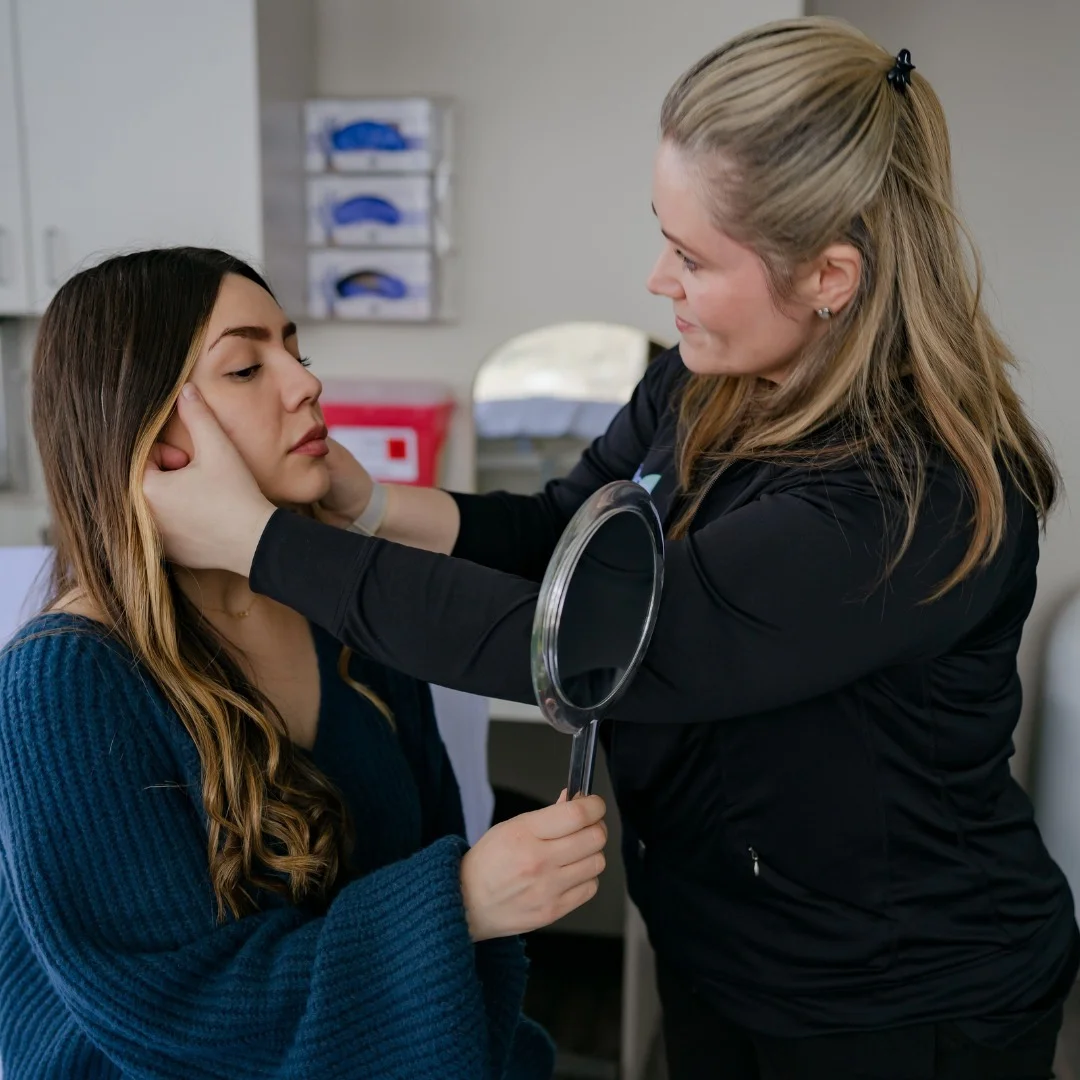Psoriasis is a common autoimmune condition, affecting over seven million Americans. It is related to the abnormal growth cycle of new skin cells. In healthy skin, cells are formed at approximately the same rate they are shed. A person with psoriasis may develop new cells at a rapid rate, causing them to accumulate at the surface.
There are several types of psoriasis, each manifesting differently. Skin lesions may appear red, scaly, thickened plaques, or as pustules. It may affect the fingernails, toenails, and the soft tissues of the genitals and inside the mouth. Psoriasis may also affect the joints in 30% of cases, causing joint pain, swelling, stiffness, and limited mobility.
Treatment begins with a comprehensive evaluation, and discussion of your symptoms and history. The best therapy will depend on the type, severity, and location of the rash, and whether symptoms of joint inflammation are present. We will work with you to develop a personalized treatment plan that is tailored to your specific needs.
Thanks to extensive clinical research, we now have a much better understanding of the condition, and better treatment options, than we did just a couple of years ago. The goal of psoriasis treatment is to heal any current lesions, and normalize the cell production cycle, preventing future flare-ups. Treating joint disease is crucial in preventing joint destruction over time.
Treatment may include one or more of the following:
Topical medication
Topicals containing ingredients such as corticosteroids, vitamin D analogues, retinoids, or salicylic acid may be sufficient treatment for small, thin plaques with limited involvement. These medications are often used in conjunction with other therapies for more widespread disease, especially if joints are involved.
Internal medication
Severe psoriasis, or cases that do not respond to other treatments, may be controlled with newer injectable biologic agents, oral medications such as retinoids, cyclosporine, methotrexate, or phototherapy.
Although psoriasis is not yet curable, it is controllable with proper treatment. You don’t have to live with the pain, discomfort, and embarrassment of this condition.
See one of our Dermatologists for successful diagnosis and treatment of psoriasis. Call AboutSkin Dermatology and DermSurgery, PC, at 303.756.(7546) (South Denver-Englewood), or 303.799.(4260) (Lone Tree) and schedule an appointment today.
